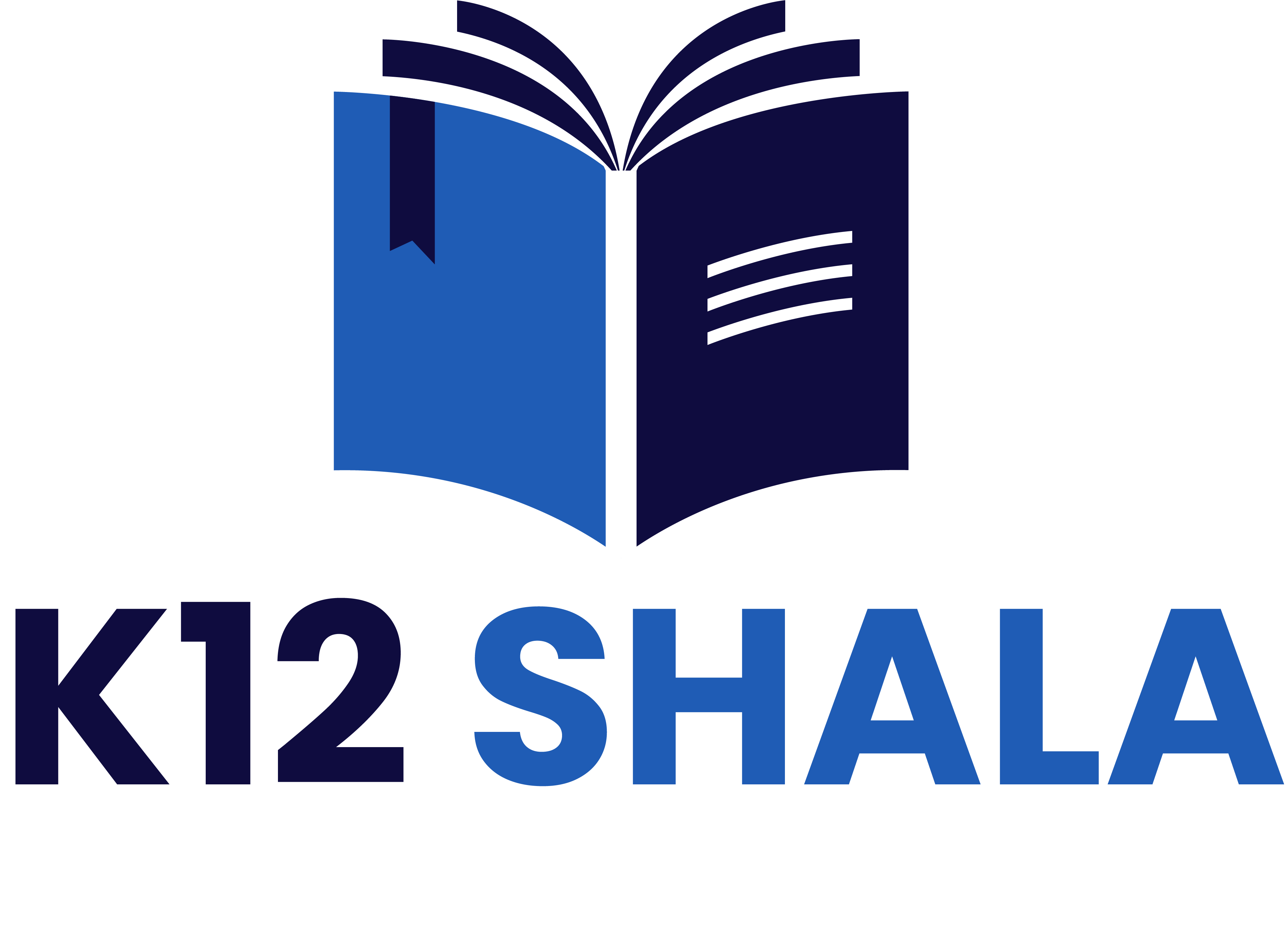Introduction to ICSE and CBSE
Are you at a crossroads trying to decide between the ICSE and CBSE boards for your child’s education journey? The choice of the right board can significantly impact their academic growth and future opportunities. Let’s dive into a comprehensive comparison of ICSE vs. CBSE to help you make an informed decision that sets your child up for success!
Curriculum and Examination Patterns of ICSE and CBSE
When it comes to the curriculum and examination patterns of ICSE and CBSE boards, there are distinct differences that parents need to consider. The Indian Certificate of Secondary Education (ICSE) board follows a comprehensive syllabus that focuses on an in-depth understanding of subjects. On the other hand, the Central Board of Secondary Education (CBSE) emphasizes a more application-based approach.
The ICSE board includes a wide range of subjects such as English, Mathematics, Science, Social Studies, and regional languages. Additionally, students are required to study a second language along with Environmental Education. In comparison, the CBSE syllabus covers similar subjects but may have slight variations in terms of content coverage and depth.
In terms of examination patterns, ICSE conducts exams at the end of each academic year for all subjects whereas CBSE has both summative assessments during the year and final board examinations at the end. This difference can impact how students prepare for their assessments throughout the year.
Pros and Cons of ICSE Board
The ICSE Board offers a comprehensive curriculum that focuses on a broader range of subjects, providing students with a well-rounded education. This can help in developing critical thinking and analytical skills early on.
However, the detailed syllabus of the ICSE Board can be overwhelming for some students, leading to increased pressure and stress. The board’s emphasis on English language proficiency may pose challenges for non-native speakers.
On the positive side, ICSE exams are known for their rigorous evaluation process, ensuring a high standard of academic performance. This can benefit students by preparing them thoroughly for competitive exams in the future.
Yet, the grading system of the ICSE Board may sometimes seem subjective, affecting students’ overall scores unfairly. Additionally, the focus on rote learning in some subjects could hinder creativity and practical application of knowledge.
Pros and Cons of CBSE Board
When it comes to the CBSE board, one of the pros is its widespread recognition across India. CBSE schools can be found in almost every city and town, making it convenient for students who may need to relocate. Additionally, the syllabus is structured in a way that promotes competitive exams like JEE and NEET, which are crucial for many career paths.
On the flip side, some parents and students find the CBSE curriculum to be more focused on rote learning rather than practical application. This can sometimes lead to a lack of critical thinking skills being developed among students. Moreover, the heavy emphasis on theoretical knowledge can make it challenging for some learners to grasp concepts fully.
Another advantage of the CBSE board is its well-established examination pattern that follows a strict marking scheme ensuring fairness during assessments. However, this standardized approach may not cater well to individual learning styles or strengths of all students.
In terms of extracurricular activities, while CBSE does encourage participation in various events and competitions outside academics, some schools may prioritize studies over holistic development resulting in limited exposure beyond textbooks.
Choosing between ICSE vs. CBSE boards should depend on your child’s learning style and aspirations rather than solely focusing on perceived advantages or disadvantages.
Teaching Methodology
When it comes to teaching methodology, ICSE and CBSE boards have distinct approaches.
ICSE focuses on in-depth understanding through a comprehensive syllabus that encourages critical thinking.
On the other hand, CBSE follows a more structured curriculum with an emphasis on application-based learning.
ICSE teachers often use interactive methods like group discussions and project-based learning to enhance student engagement.
CBSE educators rely on traditional teaching techniques, including lectures and textbook exercises to cover the syllabus efficiently.
Both boards aim to provide quality education but cater to different learning styles and preferences.
Parents should consider their child’s individual needs and learning preferences when choosing between ICSE and CBSE boards.
Assessment and Grading Systems
When it comes to assessment and grading systems, ICSE and CBSE have their own unique approaches.
ICSE focuses on comprehensive evaluation through a combination of internal assessments and external examinations, placing emphasis on analytical thinking and application-based learning.
On the other hand, CBSE follows a more structured examination pattern with a strong focus on theoretical knowledge and rote learning.
Both boards use percentage-based grading systems to evaluate students’ performance in various subjects.
While ICSE may be seen as offering a more holistic assessment approach, CBSE’s system is known for being more standardized across schools nationwide.
The choice between ICSE and CBSE will depend on what assessment style aligns best with your child’s learning strengths and preferences.
Extracurricular Activities
Extracurricular activities play a crucial role in a child’s overall development. They are not just about filling up free time but also about honing various skills outside the academic realm. Both ICSE and CBSE boards offer opportunities for students to participate in a wide range of extracurricular activities, including sports, music, dance, drama, debate clubs, and more.
Engaging in extracurriculars helps students discover their interests and talents beyond textbooks. It fosters creativity, teamwork, leadership qualities, and social skills that are essential for personal growth. Schools affiliated with both boards often organize inter-school competitions and events where students can showcase their talents and compete with peers from diverse backgrounds.
Participating in these activities allows students to strike a balance between academics and hobbies while enhancing their holistic development. Whether it’s through sports or arts, extracurriculars provide a platform for students to explore their passions and excel in areas beyond traditional subjects like Math or Science.
Availability of Schools for Each Board
When deciding between ICSE and CBSE boards for your child, one crucial factor to consider is the availability of schools offering each curriculum. In India, both boards have a significant presence across the country, with a multitude of schools affiliated with either ICSE or CBSE.
In urban areas, you may find a higher concentration of CBSE schools compared to ICSE institutions. These CBSE-affiliated schools often follow a standardized curriculum set by the board which can be beneficial for students moving from one city to another.
On the other hand, ICSE schools are known for their emphasis on holistic education and in-depth subject knowledge. While there may be fewer ICSE schools in some regions, they are renowned for their focus on English language skills and comprehensive study material.
Before making a decision based on availability alone, it’s essential to research and visit potential schools under both boards to understand their teaching methodologies and facilities provided.
Personalized Learning Experience
One crucial aspect to consider when choosing between ICSE and CBSE boards for your child is the personalized learning experience offered.
ICSE schools focus on a comprehensive curriculum that encourages critical thinking and in-depth understanding of subjects, allowing students to delve deeper into topics of interest.
On the other hand, CBSE emphasizes a more structured approach with standardized syllabi across schools, providing a uniform learning experience but potentially limiting individual exploration.
When it comes to personalized attention, ICSE schools generally have smaller class sizes, enabling teachers to tailor their teaching methods according to each student’s needs and pace of learning.
In contrast, CBSE schools may face challenges in providing individualized support due to larger class sizes and adherence to a fixed curriculum timeline.
The decision between ICSE and CBSE will depend on how important personalized learning is for your child’s academic growth.
Parental Involvement
Parental involvement plays a crucial role in a child’s education, regardless of the board they are studying under. Parents who actively participate in their child’s academic journey can positively impact their overall learning experience. Whether it’s helping with homework, attending parent-teacher meetings, or being engaged in school activities, parental support can significantly contribute to a student’s success.
Encouraging open communication between parents and teachers fosters a collaborative environment that benefits the child’s development. By staying informed about their child’s progress and challenges at school, parents can provide targeted support when needed. Additionally, showing interest in what their child is studying helps create a sense of importance around education.
Parents who take an active role in guiding their children through the ups and downs of academics demonstrate the value they place on learning. Their involvement not only boosts academic performance but also instills important values such as dedication and perseverance in students.
Success Rate and College Admissions for ICSE and CBSE Students
When it comes to the success rate and college admissions for ICSE and CBSE students, there are various factors to consider.
ICSE students often excel in subjects like English literature, history, and geography due to the detailed curriculum. This can be advantageous when applying to colleges that value a strong foundation in these subjects.
On the other hand, CBSE students tend to perform well in mathematics and science-related fields because of the structured approach to these subjects. This may give them an edge when pursuing engineering or medical courses at reputed institutions.
College admissions officers typically look at a student’s overall academic performance, extracurricular activities, and personal achievements rather than just their board of education. Both ICSE and CBSE students have equal opportunities to secure admission based on their individual strengths and accomplishments.
Success rate and college admissions depend on how well a student performs academically across various subjects and demonstrates their potential beyond academics through extracurricular activities. It’s essential for parents and students to choose a board that aligns with their interests and strengths while also considering future career aspirations.
Conclusion: Factors to Consider When Choosing a Board for Your Child
When it comes to choosing between ICSE and CBSE for your child, there are several factors to consider. Think about the curriculum structure and examination patterns that align with your child’s learning style. Consider the teaching methodology and assessment systems that each board follows. Evaluate the availability of schools offering these boards in your area.
Extracurricular activities play a vital role in overall development, so look into what each board offers in this regard. Personalized learning experiences and parental involvement can greatly impact a child’s education journey.
Success rate and college admissions should also be taken into account when making this decision. It is essential to weigh all these factors carefully before selecting the right board for your child as their academic foundation sets the tone for their future endeavors.









